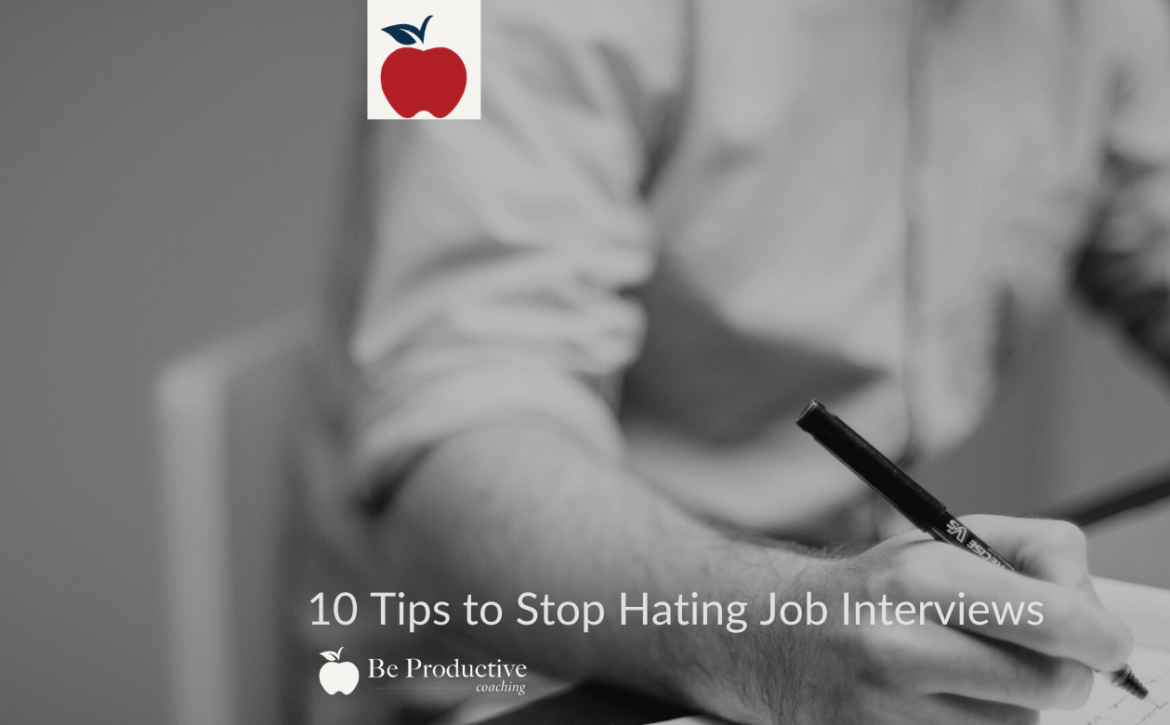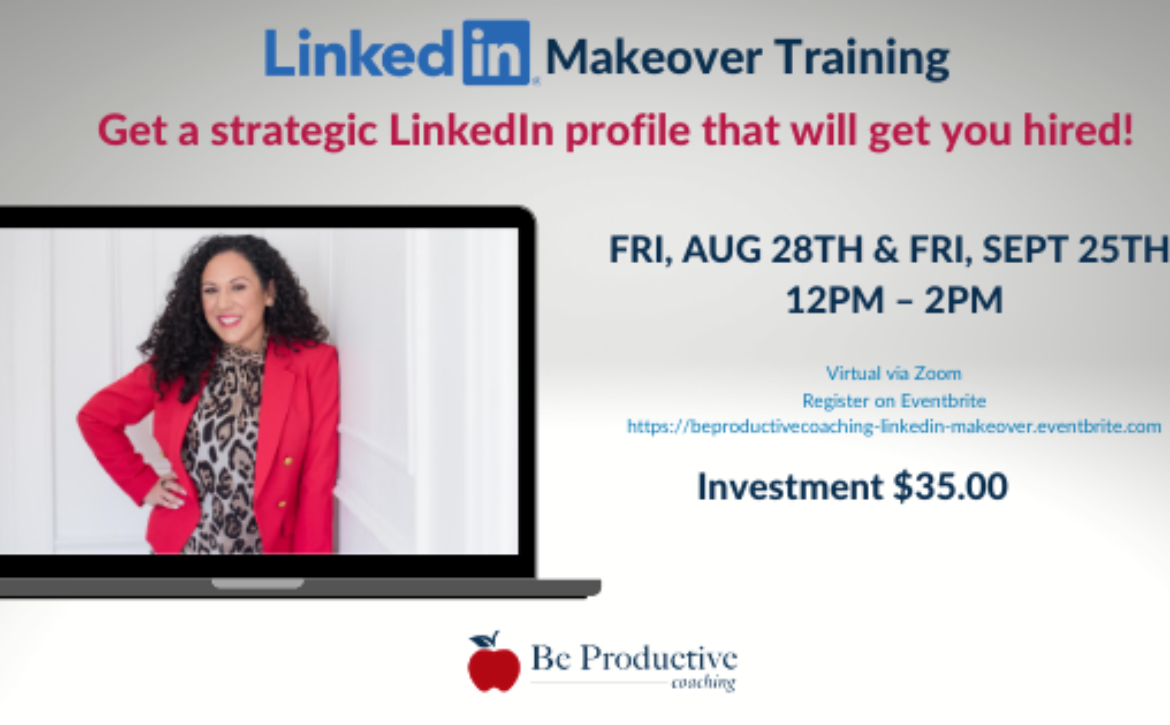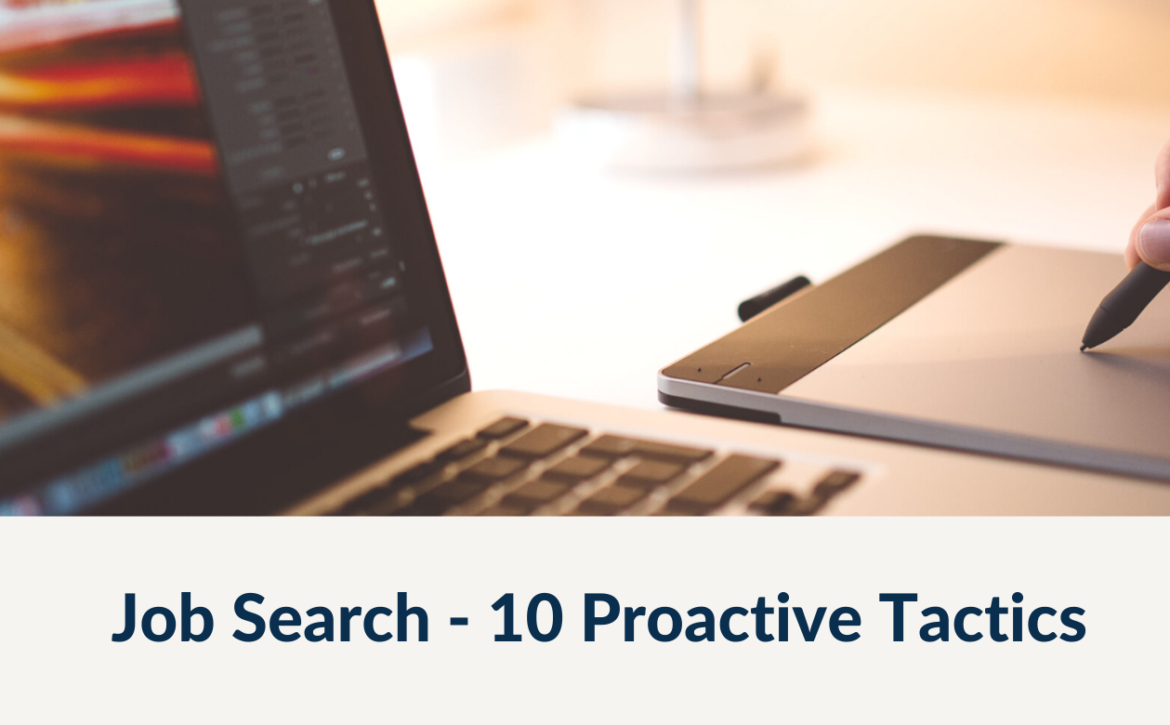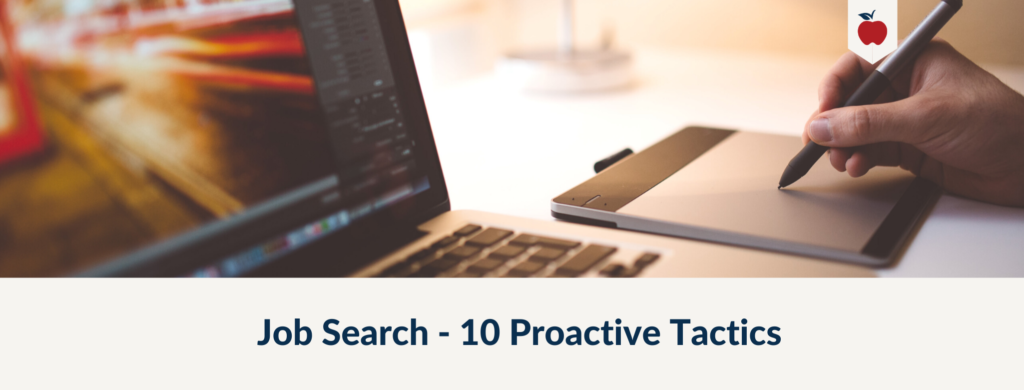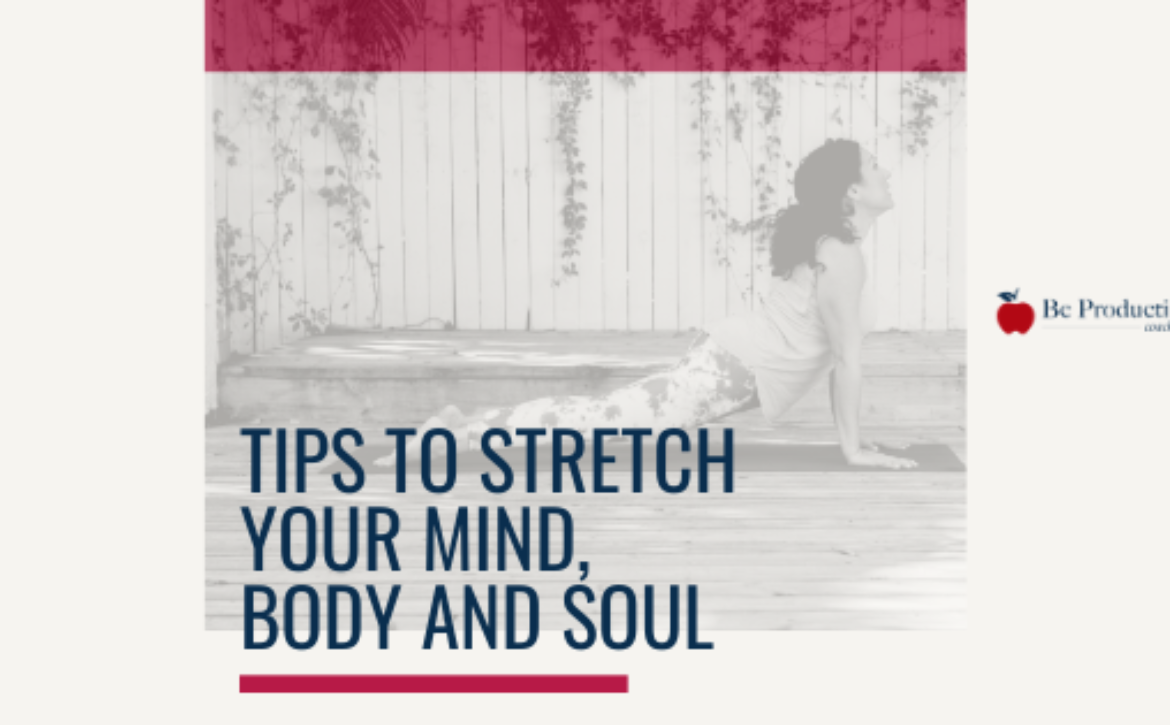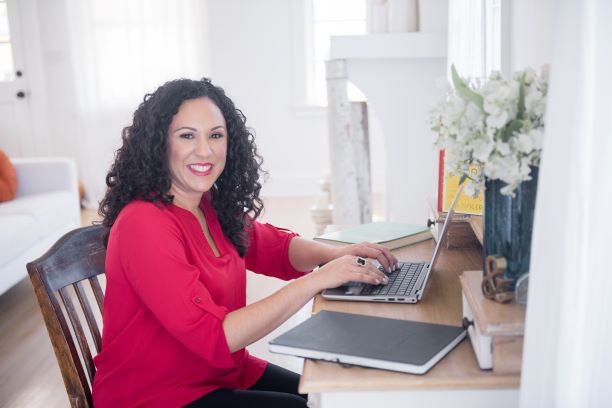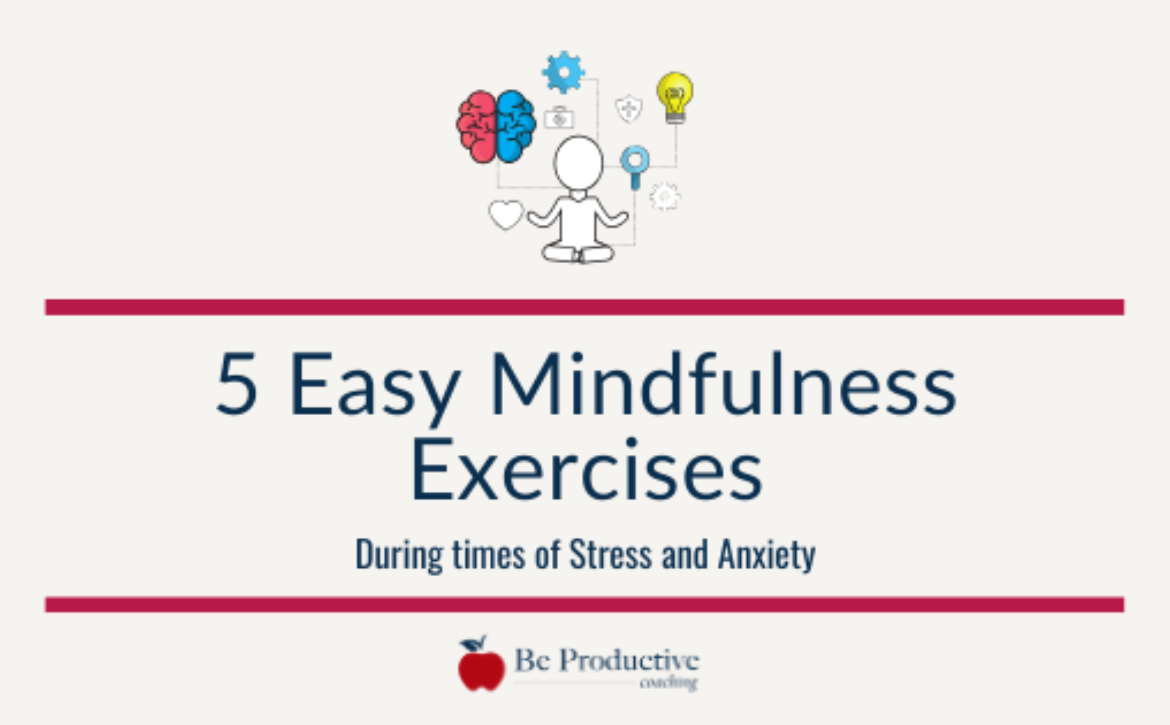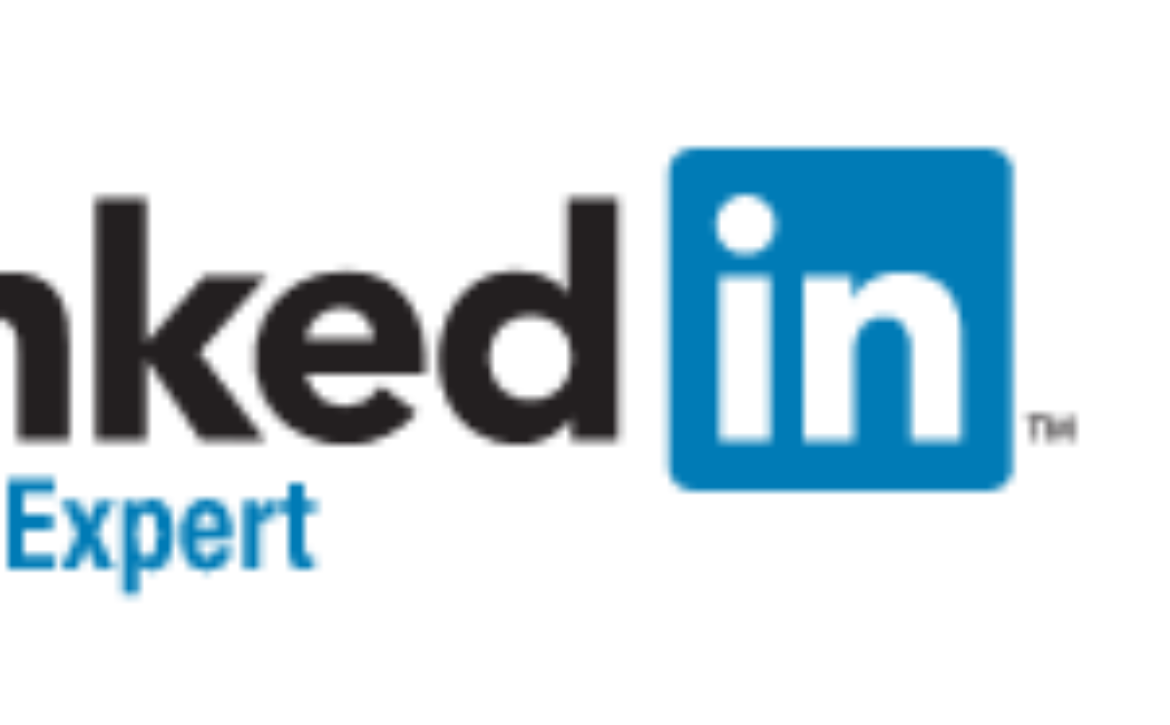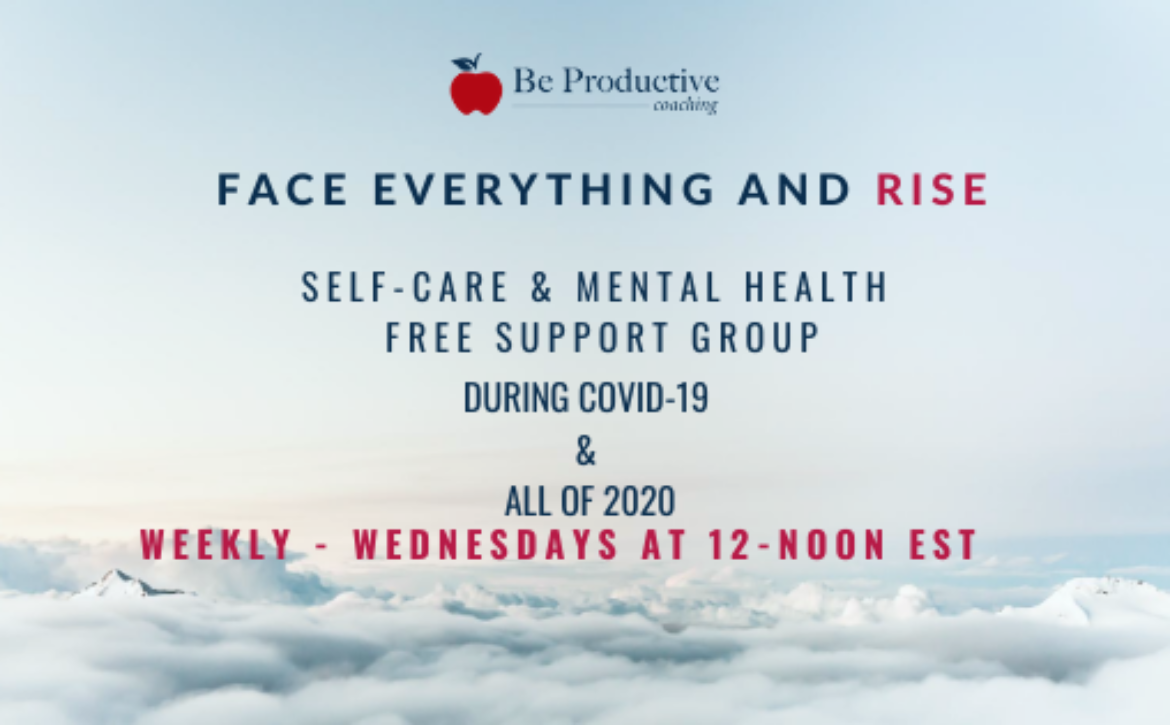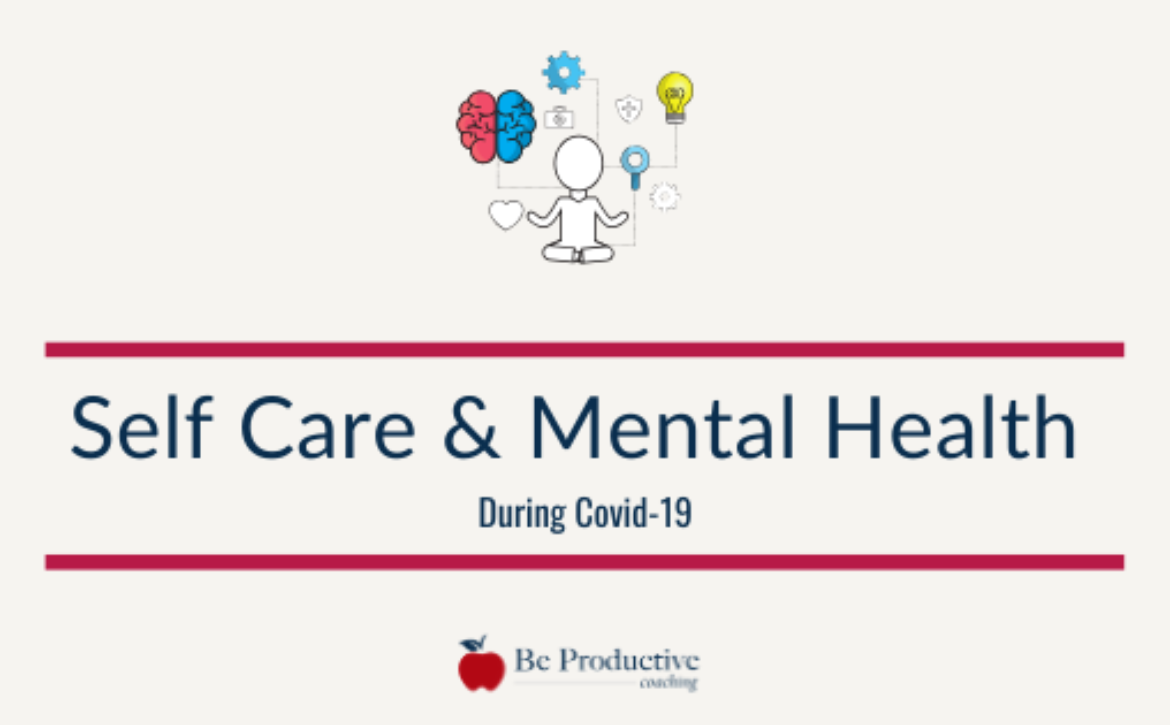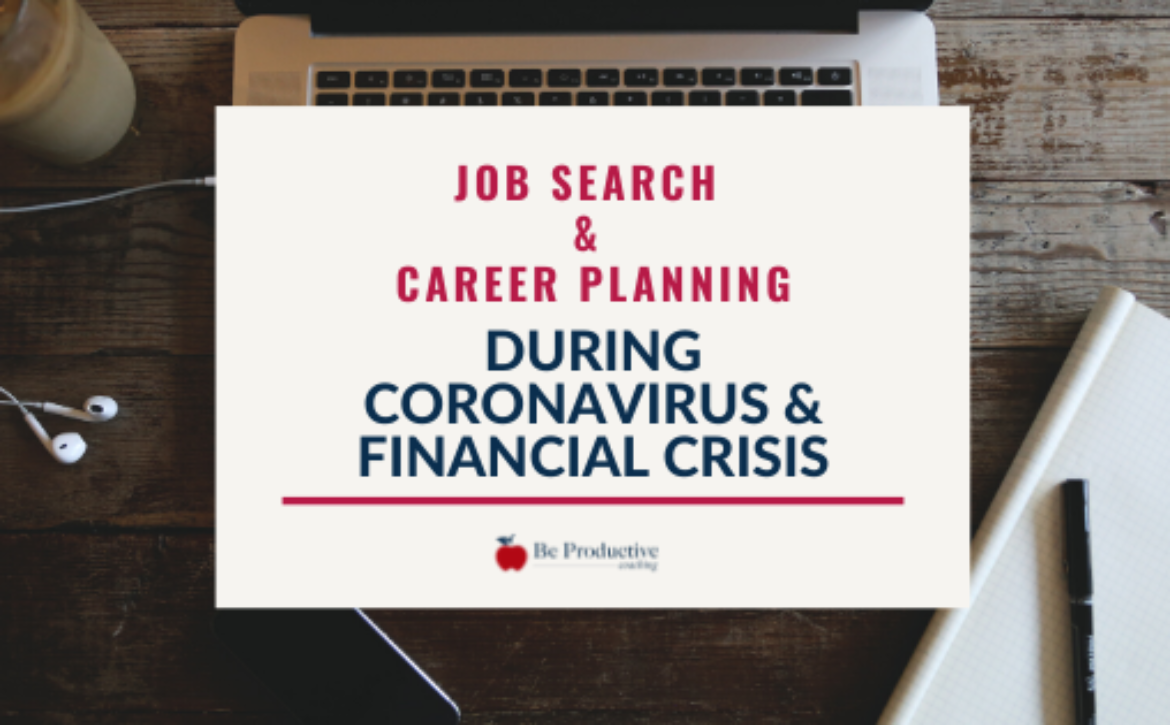10 Tips to Stop Hating Interviews
Most people dread interviews. Wait, let me rephrase that…most people hate interviews. I have heard so many people say that they wish that interviews were not a part of the process. But how else would a potential employer know if you are a good fit? I can certainly understand why you would dread or hate interviewing. Not only are you going in to speak with a stranger about your work experience, but in most cases, you are hoping that they will hire you. Many times the fear of rejection sets in from when you are asked to come in for the interview or jump on that phone or Zoom call.
I like to compare interviewing with dating. Most of us feel a sense of excitement and, at the same time, a sense of anxiety and fear when we are first asked to go on a date. You are excited that you are getting the opportunity to go on a date with someone who interests you and happy that the person has shown interest in you as well. Still, you have no idea what to expect. You start planning what you are going to wear, you may practice your greeting, and these days you may even look them up on Facebook or Google them. You prepare for the date so that you feel more at ease and so that perhaps you can have the opportunity for a second date.
Well, interviewing for a potential job is no different. Just like you prepare or prepared (if you are no longer dating) for that special date, you should also prepare for the interview with your potential employer.
Following are a few tips to help you prepare and stop hating interviews:
- Research the company by getting to know their mission, vision, and any latest news. Check to see if you know anyone who works there and perhaps give them a call to find out what they like about the company.
- Get the name of the person you will be meeting with and look them up on LinkedIn and Google.
- Put a list of at least ten questions that you will ask during the interview.
- Practice! Grab a friend or colleague and ask them to mock interview you. Put together a list of questions and practice, practice, practice.
- Make networking a part of your practice. Reduce your fear of meeting and talking to a stranger by getting out to network. If you cannot network in person, then network on LinkedIn and ask them to join you for coffee or a Zoom call. Speaking to strangers and asking questions to get to know them will improve your conversational skills and reduce the fear that creeps up during interviews.
- Visualize your interview. Work through the questions in your mind and begin to answer questions that may come up. I always recommend practicing the “tell me about yourself questions.”
- Write down what has made you nervous in interviews in the past. Then work through those points to overcome them.
- Make a list of your accomplishments. Everything you are proud of, read it out loud, then read it to a friend and then practice saying it to your friend without the list.
- Find out what the dress code is and take it up a notch and wear something that makes you feel good. Make sure you pull out your outfit and try it on a few days before to make sure it fits well and looks professional.
- Work out! Yes, before going to your interview, do something to move your body. Preferably cardio. Try to take the day off if you can or go in late to work so that you have time to exercise. Get your sweat on and release those endorphins. These endorphins trigger positive feelings and will get you in the right state of mind before the interview.
These tips should help ease the nervousness and anxiety that comes from interviewing. Also, do not forget that you are interviewing them as much as they are interviewing you. Make sure you ask all the questions you need to determine if this is a good fit for you as well.
Need help with interview preparation? A small investment can go a long way in your preparation and help you set yourself apart. Set up a free consultation to learn more about our packages: www.beproductivecoaching.com/contact


